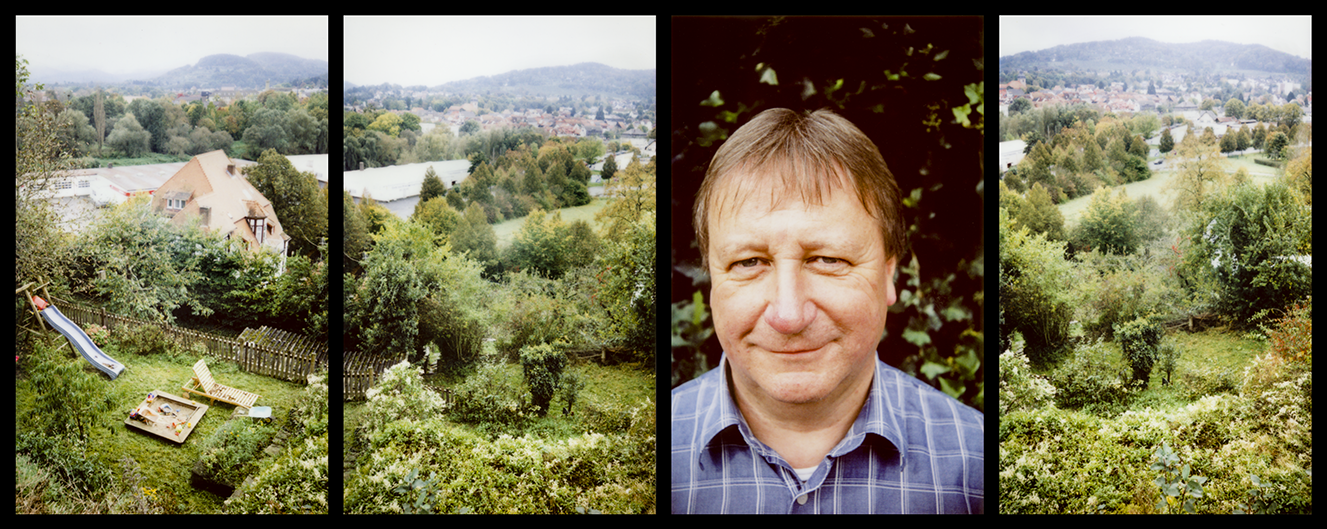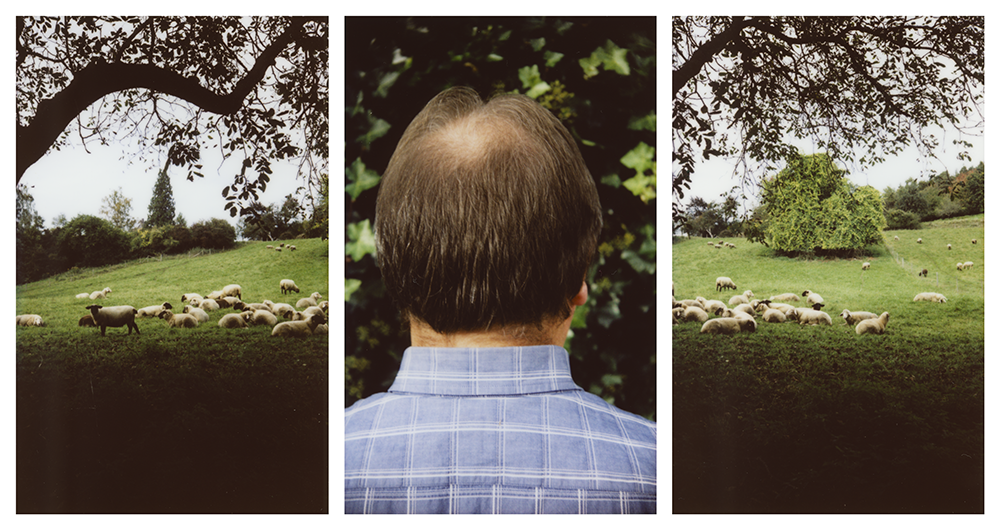
Colin Keyse
Cwm Harry Land Trust, UK
Originally, many years ago now, I did my training as a professional classical musician. I was a violinist. I met my wife on an orchestral tour to Vienna and married into her Welsh-speaking family. We now live in the most northern part of Wales.
Why should this be monopolized by the big companies?
The area where we work, it’s mostly family farms. It’s traditional family structure. That’s where the basis of the Welsh language and culture resides. Eighty percent of the population lives along two strips along on the coast, which was the industrial area and still is.
With the changes in European agricultural funding, there is less support for farmers who are grazing animals on the uplands. They are finding it harder to survive. The average age of the farmer is 58 or 59 years; most of them don’t have a succession strategy. The kids don’t want to or can’t afford to stay in the area. They have to move away. So, when they retire, they have to sell the farm. Slowly you’re starting this process of a drift of the population out of these rural areas with the loss of the cultural history that goes with it. What we can see, is the downside of that: there is a somewhat militant group of people defending the language. The way that comes across, is being slightly aggressive and defensive. So, that raises a little bit of tension.
Our organization, CWM Harry, is trying to support a range of activities, which strengthen society and the environment and improve sustainability.Our answer is, if you could actually find a way for small communities to become more economically self-sufficient, so that people in them could stay there and had something for the children to do, the issues about language and culture would go away because they had a possibility to sustain themselves with the confidence that this is a successful, sustainable community. At the moment, there has been a long process of decline. And the tensions over the loss of language and culture are a symptom of that.
So, we were quite interested when they brought the Blue Conrad to a small farm owned by the National Trust in Snowdonia, in a very remote part of the mountain region. Some people came from all over the UK. Everybody was very excited to see the process.

We’re always looking at it saying, “Okay, why should this be monopolized by the big companies, by the public administrations?”. Why has the solution to all these problems got to be ‘we build the biggest plant we can’? That is totally unsustainable. It’s only because, one, government subsidies and two, fossil fuels. If we got to future-proof the development of our society and the environment, why not take this technology and downscale it? You can build plants that work with material from a much closer area, so they are not as vulnerable to increases in fuel prices for transport. It creates more employment locally. And if you can make the ‘kit’ out of standard components that you can buy from engineering supplies in the locality and can be maintained by people who do agricultural machinery, then you’re providing additional employment in the secondary industries!
I'm a generalist.
I’m a great believer in this concept of the local economic multiplier-effect. I believe that about one third of GDP should be based around money that recirculates within a 30 km radius. I’m not anti-capitalist. I’m not anti-globalization in terms of the fact that I think global trade is a good thing. It’s an essential thing. But not when you get systemic entropy. In other words, there is an inevitable drift towards ever fewer companies, bigger and bigger size, no diversity. That has the effect that it disempowers entire populations. And if the control of everything we rely on – water, food, energy, transport – is all down to a hand full of unaccountable mega corporations in the world, that’s a fairly disturbing future.That’s totalitarianism by another name and it’s antidemocratic.
So, IFBB was a technology we thought ‘this is clever’. You start putting a few businesses back, which can stand on their own feet, they can draw on local materials, employ local people, they make a profit that stays in that area – You slow down that spiral decline. And once people see that happen, they can believe they can do it again. This is a technology that fits completely with our philosophy.
So, if you bring all the interactions between those different aspects together, I end up with an absolutely fascinating job because it gives me the opportunity to intervene and meddle in all sorts of ways. - Slightly Machiavellian, slightly subversive as well. - You create change and empower people to do things and they start to think for themselves. And that has a political dimension as well.
And I think what’s good about PROGRASS is that we are getting a balanced mix of specialists who can go in and pursue a particular inquiry in great detail and make sure that the conclusions are backed by sound research. And you’ve also got the generalists, the visionaries, the creatives who can say, “We can see the big picture! We can see the breadth of it. We can see all the places we can go!”. You do not want an organization that has all one or all the other. That would be mayhem! You need a mix.